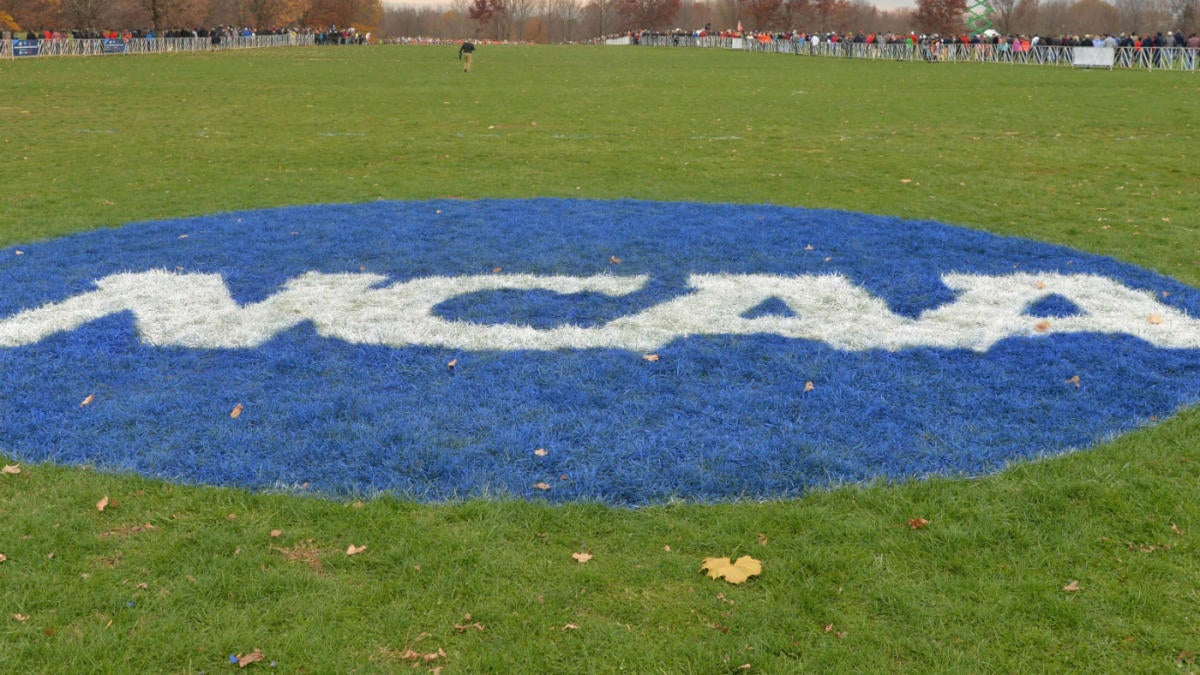I realize this article cites Pitino's reaction, but is relevant to this thread.
The plan is expected to be presented to the Division I Council in April. If adopted, new criteria would go into effect for the 2020-21 academic year.

www.startribune.com
Gophers men’s basketball coach Richard Pitino said Tuesday on his radio show that he isn’t sure the change will help his game, citing “chaos on rosters.” He imagined a scenario in which a team loses and gains three or four transfers in a season.
“Teams are just not going to be as good, because it takes time to develop these guys,” Pitino said. “It’s concerning, but I’m not critical of it. It’s probably the right move to continue to provide things for the student-athletes. But it’s going to be very, very difficult for all of us.”
If the transfer working group’s latest concept is adopted, any athlete would be granted immediate eligibility after a transfer if four criteria are met. The athlete must:
• Receive a transfer release from the previous school.
• Leave the previous school academically eligible.
• Maintain academic progress at the new school.
• Leave under no disciplinary suspension.
It’s that last bullet that might need more consideration or fine tuning by the committee, namely “Leave under no disciplinary suspension.”
The case of Destiny Pitts is illustrative of what the dicey issues might be there. Destiny certainly (at least as far as I know) qualifies for immediate eligibility under the first 3 bullets. I can’t imagine why the U wouldn’t give her a transfer release. (Come to think of it, the first bullet might have some issues too, if schools start using it as a tool to control the sort of mass exoduses that Pitino suggests may happen.)
The two middle bullets should not be a problem for Destiny since she’s taking classes now in good standing at the U (from what we hear), and she would certainly be motivated to continue the good academic effort come Fall Semester at her chosen new school.
But the question is, did she or did she not “leave under disciplinary suspension”?
It all hangs on what’s the formal definition of “disciplinary suspension” plus the timing of when she “leaves.”
Destiny never signed the formal “guilty until proven innocent with no chance for a reasonable hearing or administrative review” suspension document that the U’s Athletic Department insisted that she sign before any meaningful discussion would be allowed on the issue (whatever that issue was, supposedly bad body language). Indeed, the very problem in her case was the onerous nature of said document. She refused to sign that document because it summarily discarded all her civil rights and put her in an untenable position that would almost certainly put her in a worse position in the future.
Destiny Pitts did not enter the transfer portal (and by so-doing declare her intention to leave the University of Minnesota and find another, better university at which to study and play basketball) because she wanted to find a place where she could use whatever body language she liked. No, rather, she decided to leave the University of Minnesota because its Athletic Department has an extremely vicious and unreasonable disciplinary process that is more akin to a disciplinary process in a Nazi or Russian Siberian prison camp than that of an institution of higher learning.
Now I’m not a lawyer, but if I were Destiny’s lawyer arguing before the NCAA under the 4 bullets of proposed new eligibility-after-transfer rules as noted above by Pitino and others, then I would argue that Destiny Pitts was never formally suspended, because she refused to sign the formal suspension document that she was given to sign (under threat of unacceptable other consequences). She never signed that document, so she was not “under disciplinary suspension.”
Then the opposing lawyer could argue that she was under “informal suspension” for the horrible crime of bad body language and thus was actually “under disciplinary suspension.” And she wasn’t being allowed to play, indefinitely.
Then I (with my lawyer hat on) would argue that doesn’t constitute a well-formed suspension because indeed, University Athletic Deoartment officials (and coaching staff) were refusing to discuss the matter with Destiny. She was being denied her right to confront her accuser, and in fact she was being denied any sort if due process whatsoever, so how can that constitute a valid suspension for NCAA purposes.
And on-and-on we go. I’m guessing that 4th bullet might be worded too fuzzily to be interpreted properly. Or if written very explicitly to avoid anbiguity, then it would not achieve the result we should want.
Furthermore, if universities can willy nilly suspend players by fiat without any legitimate formal process, then universities might simply suspend a player to eliminate potential of their no-delay transferring (in an effort to avoid mass transfers like Pitino anticipates).
So although I suppose that 4th bullet is well intended, I think it’s a bad idea that will have bad consequences. They should just strike that 4th bullet from the proposed rule modifications.
Without that bullet (i.e., whether or not you’re under any suspension, be it formal or informal, is irrelevant to the no-delay decision) Destiny Pitts would be eligible to play next Fall - which is as it should be.
She didn’t do anything wrong that deserved any more punishment than simply telling her “you’re not going to start the next game, you’re coming off the bench, and will continue to do so until we work out some rough edges.” The University of Minnesota had no valid case for informally suspending her. And when they did informally suspend her, the Athletic Department invoked a badly designed and unjust disciplinary process that was/probably-still-is virtually fascist in nature with the ultimate outcome of Destiny Pitts refusing to settle for such unjustice, and parting ways from the U.
I assert that cases of unjust behavior by athetic departments, such as the case of Destiny Pitts, are just the sort of scenarios in which the NCAA should expedite immediate eligibility. Instead, that 4th bullet simply encourages a court battle in any transfer case in which some disciplinary action (formal or informal) is involved.
The NCAA rules should not be written in a manner that encourages double indemnity/punishment of players in a scenario like Destiny’s: first punishment being effectively kicked off the team for accused (but never proven) bad body language; second punishment (under proposed new rules) the potential of being denied immediate transfer-and-play eligibility just because the U informally suspended her for the same. That would be, in essence, double jeopardy, in the sense of one punishment for the alleged (but unproven) crime, and a second additional punishment for being accused of said crime.
It’s one thing for a given university (Minnesota) to have an egregious Athletic Department disciplinary process (that would be something for its new President to investigate and fix). It’s a completely different thing for the NCAA to adopt a new policy that promotes other universities to adopt similarly bad disciplinary regimes.
In any event, I think the study committee needs to go back to the drawing board, and consider striking that 4th bullet, which would, at a minimum be difficult to administer in practice. Or perhaps worse: that clause would probably get struck down in court if it goes that far.
The secondary issue has to do with timing. They talk about “leave under” (no disciplinary suspension). When exactly is “leave”? The time of entering the transfer portal? The time they matriculate to the new school?
Dedtiny Pitts is still here, taking U classes. Is she still under (informal) suspension when she “leaves” at end of either Winter or Summer Semester? I haven’t read the legalese on that part, but they’re going to need a proper definition of when “leave” happens, if they do keep that 4th bullet.





